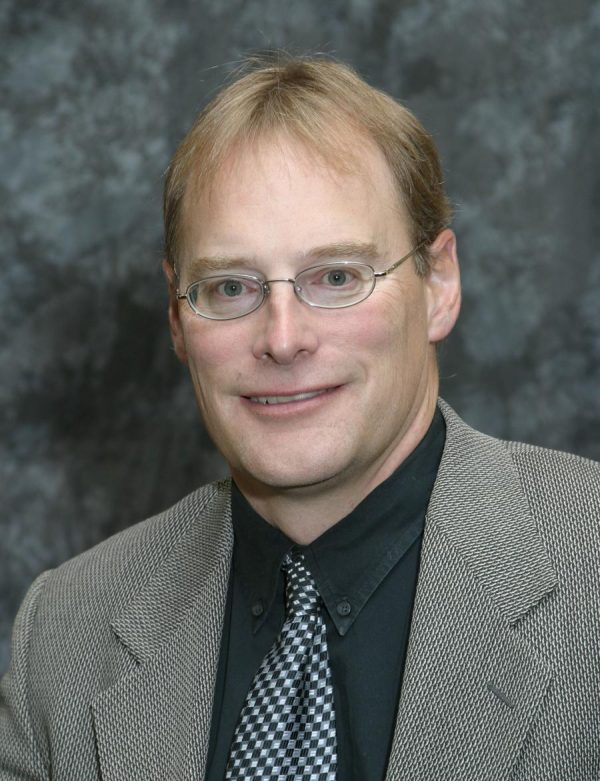Rob Wessels

Q. What does your company do?
A. Commscope designs and produces telecommunications infrastructure equipment for wireless, CATV and enterprise networks. CommScope is a global company that does business in over 100 countries.
Q. What academic degrees do you hold?
A. Bachelors of Chemical Engineering, Georgia Tech, 1982; M.B.A., Georgia State University, 1989
Q. What is the purpose of the board of advisors?
A. The board provides feedback to the Dean on programs from an industry perspective. I think the board also represents a cross section of companies in the region that can provide support, financial or otherwise, when needed.
Q. What changes have you seen in the college and UNC Charlotte?
A. I am very impressed with the vision and execution by Dean Johnson over the past several years. The facilities and programs are rapidly expanding and focusing on key technology areas.
Q. What is exciting at the college?
A. The overall growth and top-notch facilities.
Q. What do you see in the future for the college?
A. The school is positioned to service needs in energy and telecommunications as these fields continue to grow in importance and become integrated. As technology industries become a bigger part of the region’s growth engine, UNC Charlotte will play a bigger role.
Q. What are your thought about the football team?
A. I’m a GT Yellow Jacket when it comes to football. I would be happy to see the teams play.
Your Engineering Career
Q. Why did you become an engineer?
A. I enjoyed chemistry and math and my father was a mechanical engineer, so chemical engineering seemed like a good option. The average starting salary was also a draw. I get satisfaction from designing and making things better, so engineering satisfies that need.
Q. What skills have been important in your career?
A. The most valuable skill set is how to approach a problem and develop a logical, data-driven solution. Learning to work on a project team in college was also key.
Q. What changes have you seen in the profession during your career?
A. The biggest changes are in computing power and how it can be harnessed in a product design or process. I learned Fortran on punch cards, I think my calculator has more computing power now. Projects today are more collaborative and global. My engineering team in North Carolina is required to work closely with our facilities in Asia and Europe. Global communications makes this possible and engineers need to look beyond the local environment for solutions.
Q. What is the most exciting project you ever worked on?
A. There have been a lot of very challenging projects over the years. I think the most enjoyable was my first assignment at Commscope, developing data grade twisted pair cables. This product line now generates over 500 million dollars in revenue and has grown to include a full product line. It was very satisfying to see our products grow in market share and profitability, allowing CommScope to make acquisitions that brought us to a global market leadership position.
Q. What is the best career advice anyone ever gave you?
A. Just because you have an engineering degree don’t think you know it all. The operator running a machine or technician installing your product can make your job much easier if you listen and treat them with respect.
Q. What do you like best about your job?
A. I enjoy seeing products my organization designed and proved being produced and used globally. Constantly looking for a better way to do things keeps the job interesting.